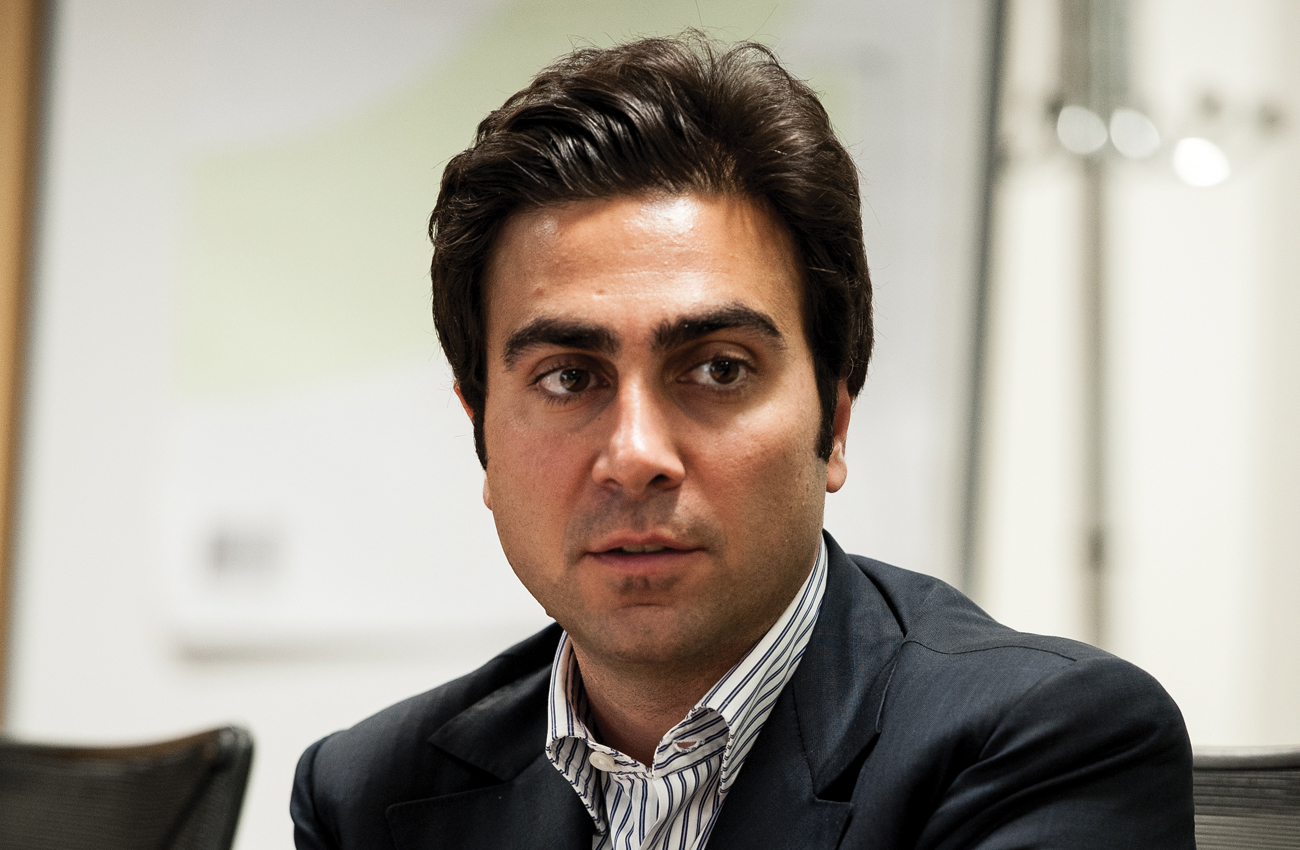Ex-Sumitomo Mitsui Banking Corporation banker Christian Karam, who left his position as head of the bank’s Africa desk at the end of 2013 to set up Africa Trade Finance (ATF), speaks to GTR about the alternative financier’s first year of business.
GTR: What is the current demand for trade financing in Africa, and how does ATF plan to address this need?
Karam: Demand is growing year on year in Africa: borrowers are becoming more sophisticated and in need of larger financing facilities to meet their expanding activities. The demand is in line with growth of the real economy. It is true that some markets are subject to turbulence: but when this happens there are always other markets in Africa that are emerging, stable and safe for business. Each country has its own strengths and weaknesses.
The demand-supply mismatch continues to create a remarkable funding gap and provides investment opportunities for institutions outside the league of traditional trade financiers.
Lately we have seen many large exporters to Africa acting as financiers by providing their African clients with payment facilities. These companies are now well aware that there is an increasing appetite to finance trade, therefore they are beginning to increase their exports to their existing markets, as well as entering new markets, where access to international funding is available.
We also have to take into account that local banks in Africa find it cheaper and more accessible to borrow from international markets as opposed to their local markets and, consequently, trade finance is somehow becoming a good cash flow management tool for the banks and their clients.
Additionally, several private insurance companies are actively expanding their export credit policies across Africa to cover not only FI risk but also corporate payment risks.
As for us, we have decided to accompany new investors in this asset class and provide them with the appropriate tool and expertise to appreciate African risk. This while working closely with renowned international banks that have the expertise and the required trade operation services to safely and successfully accommodate African trade flows.
Overall, to a certain extent, supply and demand are going in different directions: ATF is positioned in the middle to synchronise this link somehow and for that you need to create the right conduit.
GTR: What transactional activities is ATF involved in?
Karam: We have two activities: one is origination and distribution of trade transactions, which we are already involved in, and the second is jointly managing assets with fund managers: for this we are in the process of applying for a licence from the regulator. Various fund managers are already committed to our initiative.
GTR: What transactions have already been completed?
Karam: ATF has successfully arranged cumulative trade financing worth US$185mn since our launch in June 2014. We have covered five countries mainly in West Africa: both Anglophone and Francophone.
We have taken African-based bank risk and will be looking at some corporate risk in the near future. All our transactions are trade-related and we work jointly with banks located in England and France.
GTR: What advantages do you have over banks? In what ways are you at a disadvantage?
Karam: During the recent credit crisis, we saw very active international banks in Africa suddenly pulling out or suspending their activities. This may often be caused by factors or policies that are not related to any deterioration of the risk of the obligor, but rather to the lender itself.
ATF is dedicated to financing trade in Africa; we have a long-term strategy to meet growing demands while adopting a conservative and selective risk-based approach.
Our model is based on partnerships with specialised banks that have enough experience and a track record in dealing with specific borrowers in specific markets. We intend to create value for our investors while providing a sustainable source of financing to the various borrowers in Africa.
We hope that based on our successful track record over the years the allocated amount of funds will grow more and more, giving us good economies of scale.
Because of today’s new regulatory requirements, banks are left with no choice but to share more of their risk. We expect that this will open up more possibilities for ATF to perform. I don’t see any major disadvantage to ATF over banks, except when it comes to the execution/operational infrastructure. For the time being, ATF will remain reliant on banks to book and execute its deals. This will, however, change in the short run.
GTR: What are ATF’s plans for 2015?
Karam: To continue improving and expanding our track record, allowing us to attract more alternative investors. Even though we have done great deals within a very short period, 2014 was the ‘set-up’ year. In 2015, we expect to generate up to US$500mn worth of trade finance assets, hopefully well-diversified across countries, sectors and tenors.
Our team is growing and we are moving to new office premises in the City of London in early January 2015. ATF’s goal is to be the appropriate gateway to investors who would like to invest in African trade.







